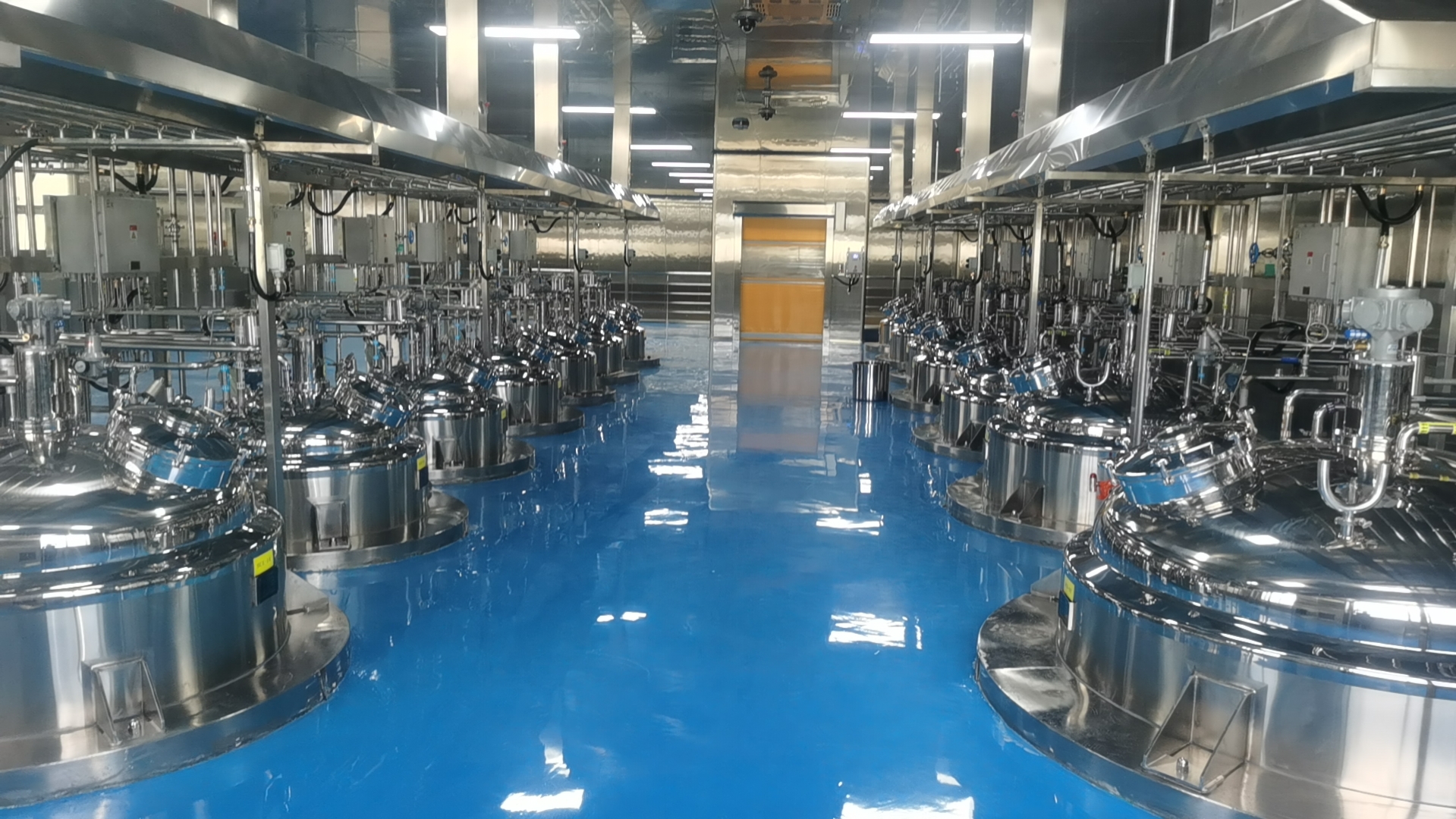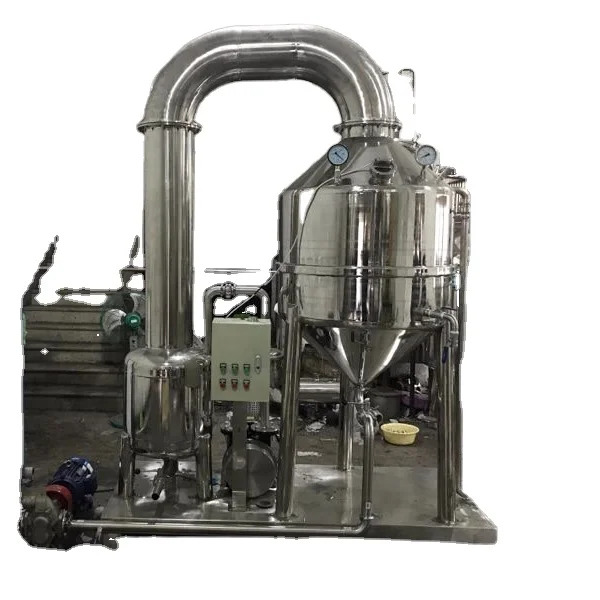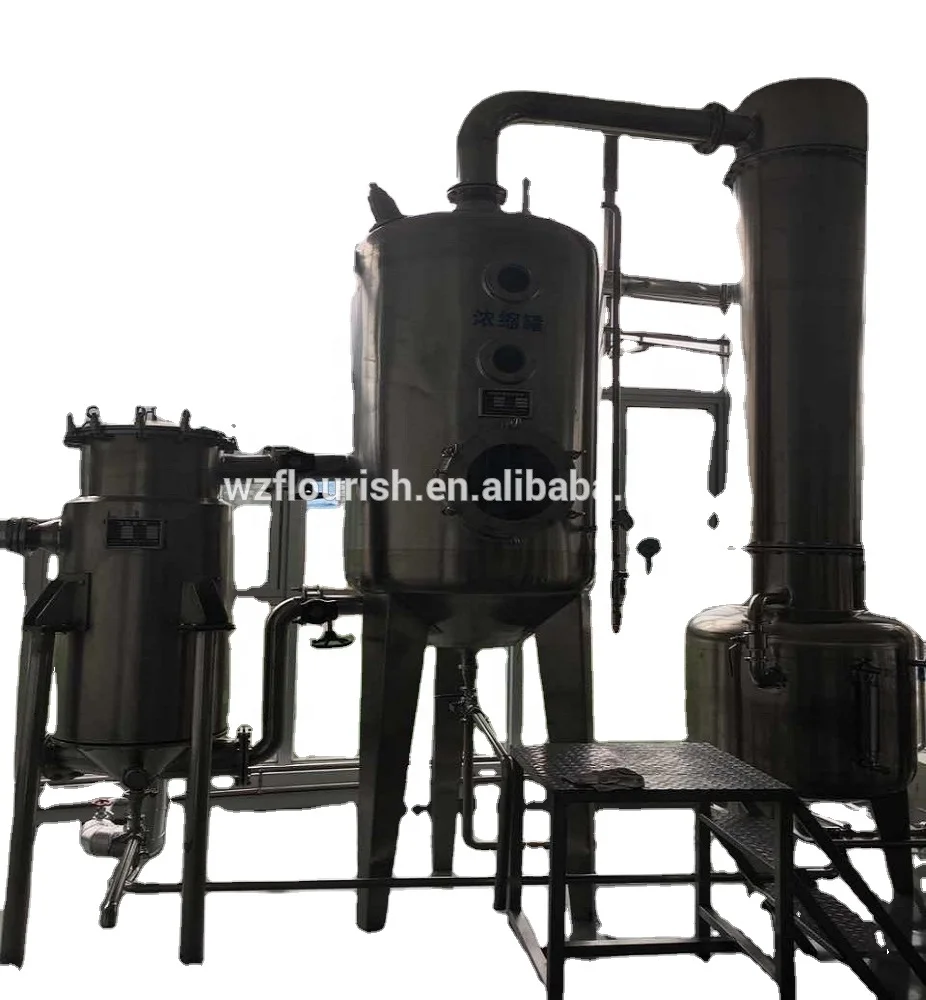
ABOUT
Wenzhou Vince Machinery Science Co., Ltd. was established in early 1980s. Our company covers an area of 6500 square meters and is an independent legal representative firm, possessing rich economic technology strength. Our company is a high tech enterprise and plays an important role in national dairy, foodstuff, pharmacy and machinery industries. We are a beverage machinery supplier.
Since the establishment, our company has mainly engaged in dairy products, foodstuff, beverage machinery, bean products, yellow wine, medicines and fermentation projects. What's more, our company supplies a complete sequence services in manufacturing, installation, test and personnel train, as well as the whole direction service design and consulting service on product project construction or enlargement artistic distribution engineering sets budget.
Advanced Vacuum Evaporation Techniques
Enhanced Substrate Heating and Cooling
Precise control over substrate temperature is critical for achieving optimal film quality. Advanced techniques utilize sophisticated heating and cooling systems, often incorporating resistive heating, laser heating, or even electron beam heating for rapid and uniform temperature distribution. This allows for fine-tuning of film crystallinity, reducing defects and improving adhesion. Precise temperature control during the deposition process also minimizes stress formation within the growing film, leading to better stability and durability.
Furthermore, the development of advanced cooling systems enables the deposition of materials that require rapid quenching, preventing undesired phase transitions and promoting the formation of metastable phases with unique properties. This is particularly important for the synthesis of new materials with tailored functionality.
Advanced Vapor Source Control
The source of the evaporant material plays a vital role in the quality and uniformity of the deposited film. Traditional methods often suffer from issues like uneven evaporation and compositional changes. Advanced techniques employ techniques like electron beam evaporation, which offers highly controllable and focused heating, resulting in improved stoichiometry and reduced contamination. Pulsed laser deposition (PLD) represents another advancement, enabling the ablation of target materials with high precision, leading to superior film homogeneity.
Furthermore, the use of multiple sources allows for the creation of complex alloys and multi-layered structures with precise control over the thickness and composition of individual layers. This opens up avenues for the fabrication of advanced functional materials with tailored optical, electrical, or magnetic properties.
In-Situ Monitoring and Process Optimization
Real-time monitoring of the deposition process is essential for achieving high-quality films. Advanced techniques incorporate in-situ techniques such as quartz crystal microbalances (QCMs) for precise thickness control and spectroscopic ellipsometry for real-time measurement of film thickness and optical properties. This allows for immediate adjustments to the deposition parameters, ensuring optimal film quality and reproducibility.
The data collected from these monitoring systems can be used to develop sophisticated process models, enabling predictive control and optimization of the evaporation process. This leads to a significant reduction in material waste and improved efficiency in the overall thin film fabrication process.
SUBSCRIBE
INQUIRY





